Thursday and Friday last week, the PhD students’ annual conference BLAM was held. The whole department was invited to (mer …)
Janne Swaegers – new postdoc
Hi everyone,
I am Janne and will be working here the coming years as a postdoc. Together with Bengt Hansson I will be studying the factors that lead to genomic divergence between closely related and hybridizing damselfly species of the Ischnura genus.
During and after my PhD at the University of Leuven (Belgium) I studied the evolutionary processes during range expansion and thermal adaptation in two damselfly species and now I just finished a postdoc year at the Free University of Berlin to explore RNA interference possibilities in odonates in (semi)natural conditions. In general I am interested in disentangling the evolutionary processes driving population differentiation using genomics/transcriptomics.
I am pleased to meet you all!
Release party for CAnMove’s ebook
On Thursday 15/3 there was a ”Release Party” and photo exhibition of CAnMove’s e-book in foyer of the (mer …)
Maja Tarka is back as a researcher
Hi everyone!
I am now back in Lund after a three year postdoc in Trondheim at NTNU, where I worked on evolvability of sexual dimorphism and consequences of sex on pace-of-life syndromes. I am an evolutionary ecologist with a focus on the genetic architecture and evolutionary dynamics of wild animal populations.
I will now continue working on my favourite study system, the great reed warblers at Lake Kvismaren, and dig into questions on trade-offs between immunity and lifespan in combination with sexual conflicts. I will be affiliated as a researcher in Dennis Hasselquist’s and Bengt Hansson’s research groups.
In my spare time, I like to listen to music, hang out with my human and non-human friends and grow my own food.
Looking forward to meeting you all!
”New” researcher – Júlio Manuel Neto
Hi everyone!
After being a visiting post-doc for nine years, and subsequently teaching and working on several projects at Lund University, I am by now familiar to most people in this department! However, I’m starting a full-time contract as a researcher, and so let me present myself here again.
I’m Júlio Manuel Malha Simões Neto, a researcher originally from Portugal, but with a DPhil awarded by Oxford University back in 2004. I have a broad interest in behavioural ecology and evolutionary biology, and work mostly on natural populations of marshland passerines. My main current projects focus on local adaptation and speciation in Reed Buntings, and on the migration and conservation of Aquatic Warblers. I often use multidisciplinary approaches such as genetic, acoustic and stable isotope analyses, as well as intensive field work involving bird ringing, nest finding etc. Otherwise, I’m a member of the Aquatic Warbler Conservation Team, a subject editor of Journal of Avian Biology, and maintain a constant-effort ringing site in Krankesjön!
During the next 1.5 years, I will study the temporal and geographical variation of the relationship between malaria infections and the variation and expression of immunity (MHC) genes in natural populations of House Sparrows. This is part of the ERC-funded project given to Helena Westerdahl, which focuses on host-parasite co-evolution. Hence, I’ll be available for some more time to interact with you all, and undertake fruitful collaborations!
En dubbelnatur går i pension
Idag blev Stefan Pierzynowski avtackad då hans sista arbetsdag var igår. Sedan 1985 har Stefan jobbat på (mer …)
New microscope inaugurated

Yesterday the department’s new confocal and light sheet microscope, the Leica TCS SP8 DLS, was inaugurated at a highly successful launch event held in (mer …)
Visiting Ph.D. student – Anne-Lise Boixel
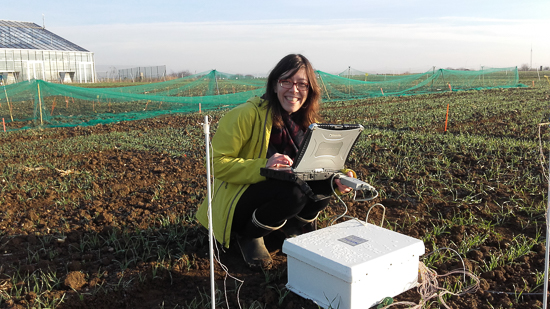
Hi everyone,
I am Anne-Lise, a third-year Ph.D. student at the French National Institute for Agricultural Research visiting Erik Svensson’s group for three months (March–May 2018).
My research falls at the interface of epidemiology and ecology with a long-standing interest in phenotypic variation among individuals and its consequences on population- and community-level processes. I have investigated this topic on a variety of organisms including aphids, plants and fungal pathogens during my previous research positions (as a part of my bachelor and master programs that I conducted between France and the Netherlands).
I am currently studying responses and adaptation of plant pathogen populations to changes in thermal conditions at various spatio-temporal scales combining field, greenhouse and lab experiments.
At Lund University with Erik, I will further explore how thermal changes and population dynamics jointly influence patterns of phenotypic variations using a theory-driven modelling approach.
I am really delighted to be here and I look forward to the upcoming months working with all of you!
Kommentar till dekanbrevet
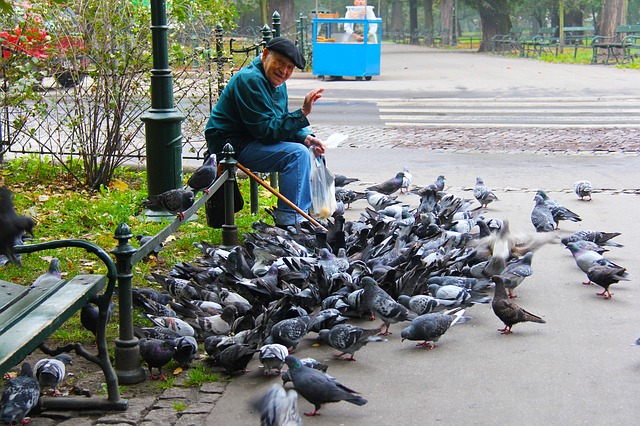
Dagens dekanbrev om UKÄ´s nya system för kvalitetssäkring av svensk högre utbildning kommer antagligen att ge styrelse, prefekt och lärare en del (mer …)
Miguel Gómez – new postdoc
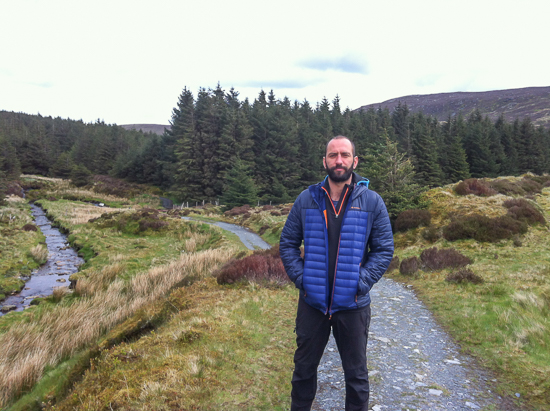
My name is Miguel Gómez, I did my PhD in intra- and interspecific interactions, looking at how they affect reproductive behaviours such as mate choice and sexual conflict and their evolutionary implications. Recently, I joined Erik Svensson group to study the effect of interspecific interactions allowing a guild of ecologically similar species of damselflies to coexist. Odonates are a really good system to study sexual selection, and I’m looking forward to investigate the role of interspecific reproductive interference and sexual harassment in species coexistence.
Nearly spring at winter meeting
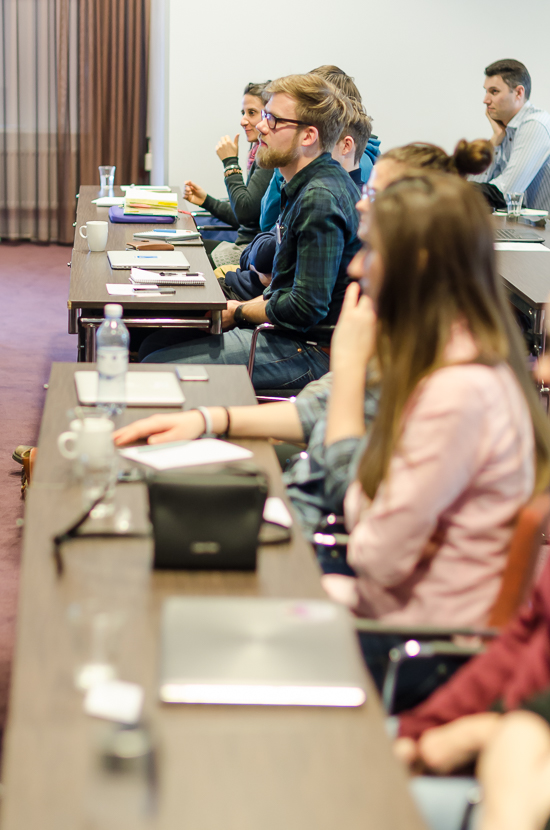
Ideon Gateway bathed in the sun when GENECO held their winter (mer …)
10 years with CAnMove – so far, so good, so long
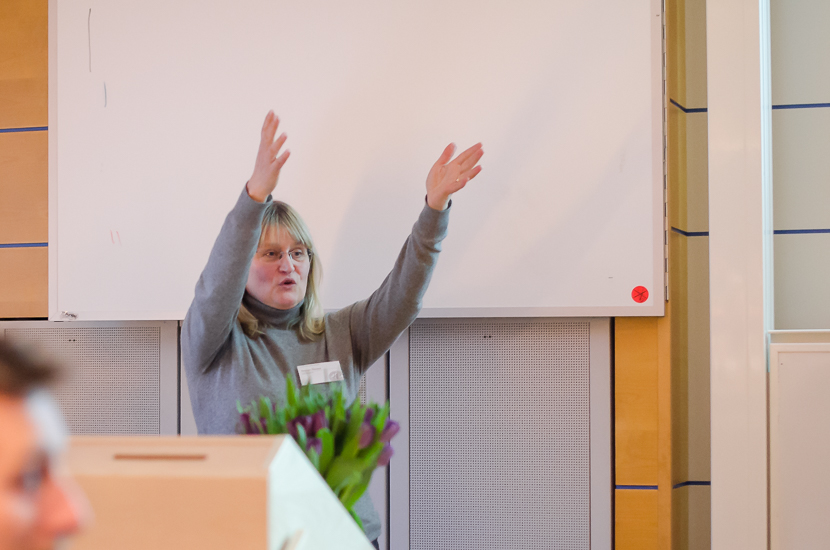
Yesterday the Linné project CAnMove (Centre for Animal Movement) celebrated its first 10 years with a conference for present and former (mer …)

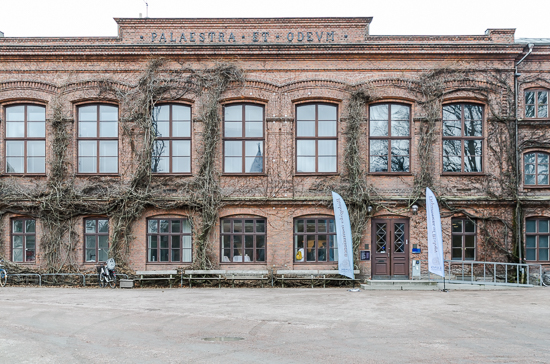
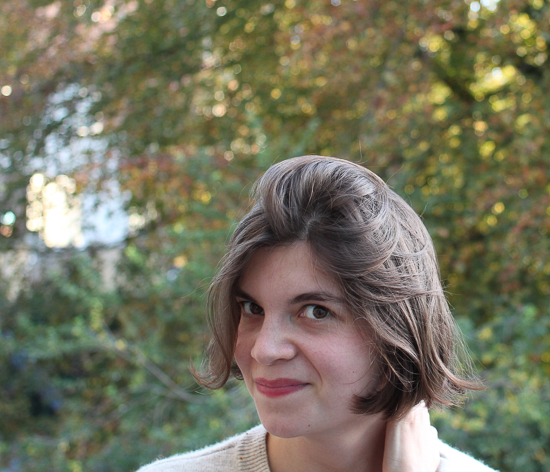
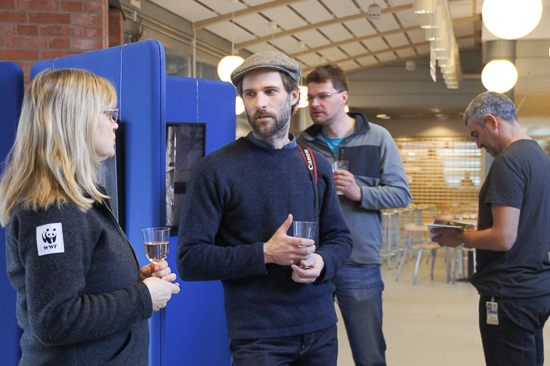
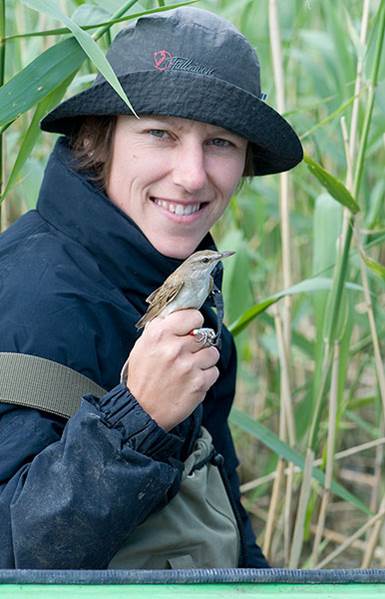
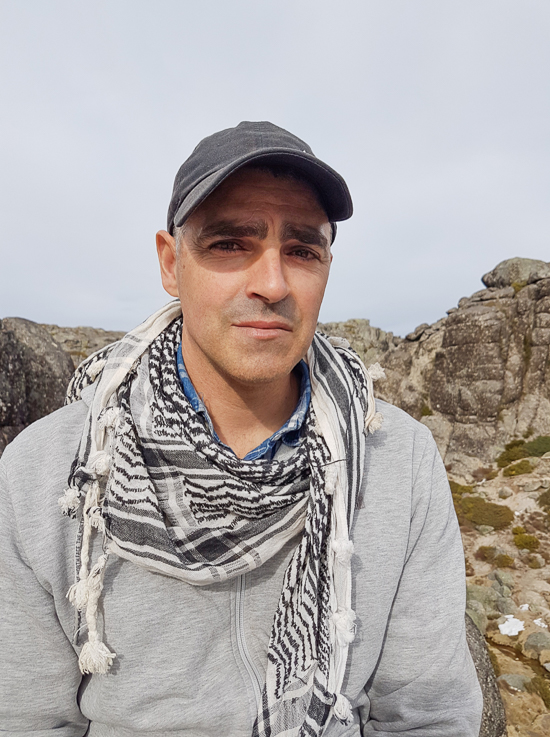
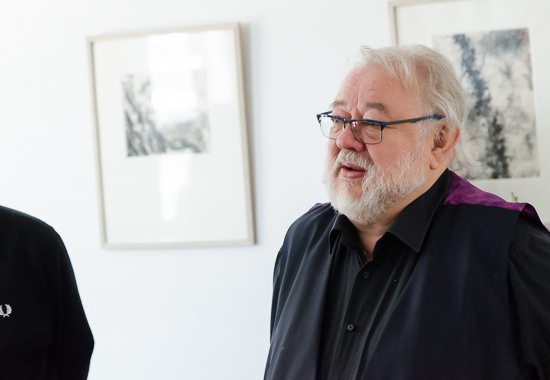
Kommentarer